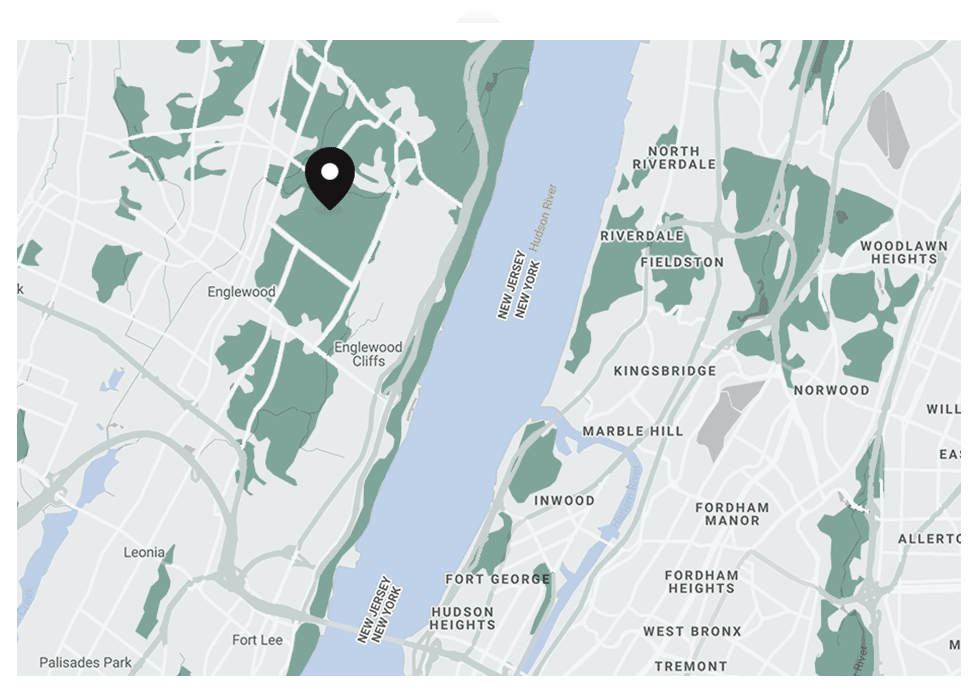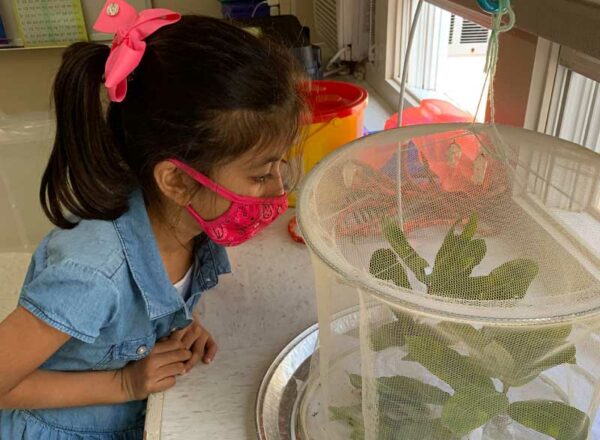Project-based learning (PBL) is an experience for students to become stewards with their own learning in trying to solve a real-world problem, challenge, or complex question. Students are given time to explore, understand, and apply their knowledge for a given topic and showcase their learning to an appropriate audience. The essence of project-based learning is for students to learn by doing, where teachers are the guides and the students become the teachers.
“PBL provides students an authentic learning environment where they are able to take a question and truly understand it when given the time to truly explore a topic or question,” says Lower School STEAM Chair and Science Teacher Kara Makohon-Moore. “It gives them an opportunity to investigate topics while looking at it through various STEAM subject lenses and the ability to apply 21st-century skills (collaboration, communication, critical thinking, creativity). These skills will help students succeed in the future, both in school following them up to Morrow House, and in today’s workforce. Our goal is to provide a project that motivates students to take ownership of their own learning.”
During PBL units, students gain key knowledge and understanding of a challenging problem or question. At EMS, PBL units are incorporated into the first-grade through the fourth-grade curriculum.
In September, our first-graders studied the monarch butterfly and asked the question: Why should we save the monarch butterfly? They presented their findings to our gardening teachers and maintenance staff. Second-graders asked themselves: What would you need to do to survive in the wilderness?, and presented to Morrow House teachers who had backpacking experience. Third-graders studied geology and asked: What would the world be like without rock and minerals? A Morrow House science teacher with a doctorate in geology acted as their audience during their presentation. Fourth-graders asked themselves: How can you visit Morristown National Park safely?, and virtually presented poster presentations to the staff at the Morristown National Park.
“Interdisciplinary teaching is a powerful tool to spark creative thinking, improve critical thinking, and prepare students to deal with future problems using skills and knowledge from various learning experiences and disciplines,” says Lower School Head Beth Brennan, noting that the PBL team, consisting of Kara Makohon-Moore, Lower School Math Chair and Math Teacher Mary Ann Rota, Little School Librarian Cindy Cohrs-Brandt, and Lower School Art Teacher Samantha Smithline, met during a recent Professional Development day to begin planning their overview of upcoming PBL units. “They spent time coming up with a driving question for each grade level and outlining our learning plan on how to have students achieve and be successful when answering this question, using the Understanding by Design (UbD) mindset when thinking with the end in mind.”
In the coming months, PBL units will involve shapes, textures, spiders, extreme weather, inventions, restaurant design in the age of COVID, and space exploration.
There's No Better Time to Support Your Child's Education
Every time you donate to one of Elisabeth Morrow's dedicated funds, you help enrich the daily experiences of our community on campus. STEAM spaces are improved, library catalogues expanded, scholarships are funded, and teachers are hired. Every day, you can see the impact your generous donations have on campus.


